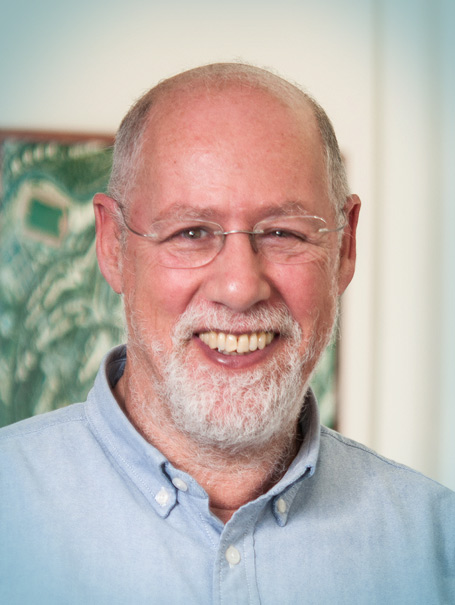 Avishai Mandelbaum is a Professor (Emeritus) at the The Faculty of Data and Decision Sciences, Technion, Israel. He has a B.Sc. in Mathematics and Computer Science and an M.A. in Statistics, both summa cum laude from Tel Aviv University. His Ph.D. is in Operations Research, from Cornell University.
Avishai Mandelbaum is a Professor (Emeritus) at the The Faculty of Data and Decision Sciences, Technion, Israel. He has a B.Sc. in Mathematics and Computer Science and an M.A. in Statistics, both summa cum laude from Tel Aviv University. His Ph.D. is in Operations Research, from Cornell University.
After graduation, in 1983, he joined the Graduate School of Business at Stanford University. He then returned to Israel, in 1991, to assume a position at the Technion. He served as IE&M Dean during 2015-2018.
Prof. Mandelbaum is a fellow of INFORMS and MSOM. He was an associate editor of the leading journals in his field, and his research and teaching have enjoyed various prizes, within Technion and beyond. His research covers stochastic models (analysis, asymptotics, control) and statistics, with applications to queueing theory/science and service systems (e.g. tele‐services, hospitals).
Prof. Mandelbaum is a cofounder of the Technion SEE Laboratory. Since its inception in 2007, this lab has been collecting and maintaining a unique rich repository of data from ample service operations. Data granularity is at the level of the individual customer‐server transactions (event logs). And through its data, the SEELab has been supporting worldwide research and teaching of Service Science, Engineering and Management.
resume | google scholar | research gate | semantic scholar